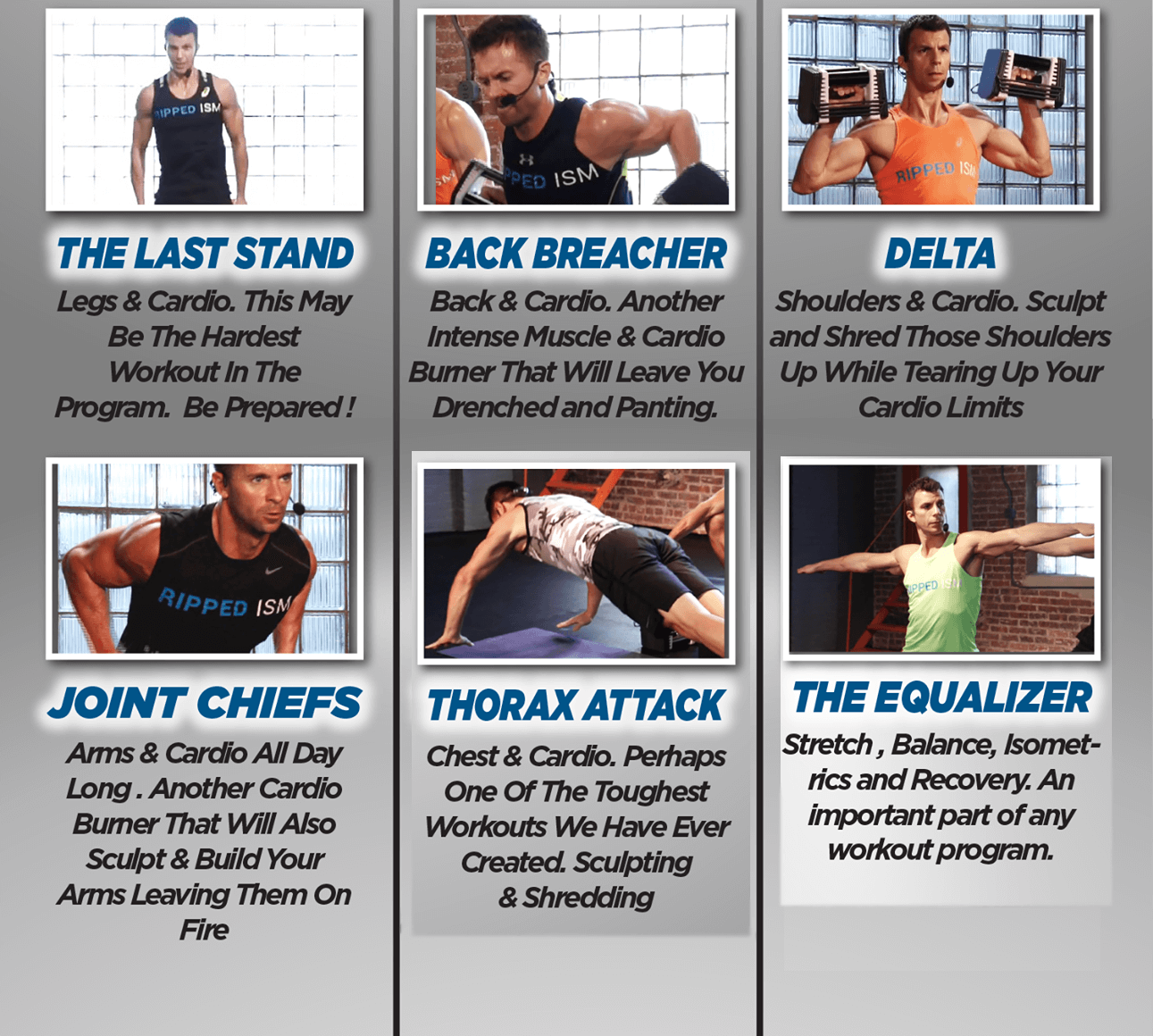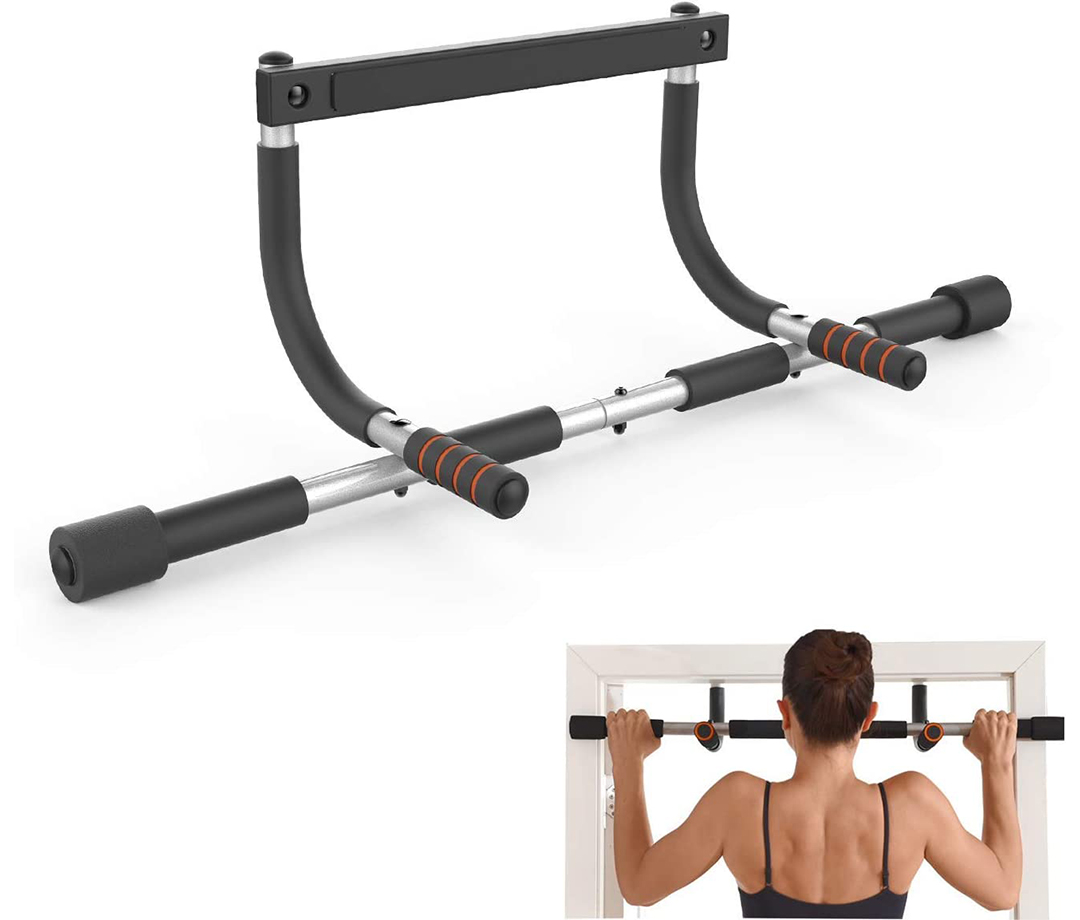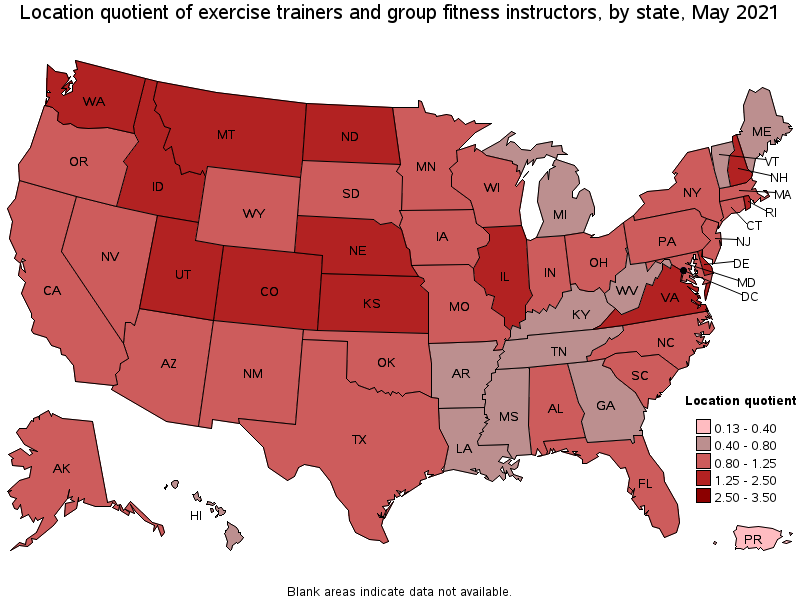
In interviews, one of the most frequent questions is "Do you need any further training?" This question is crucial because it shows that you are self-aware and eager to learn. Be honest about your shortcomings and assure the interviewer that you will be able to improve. You will be viewed as an outstanding candidate for the job.
Answering interview questions in an informal manner
An interview focuses on the ability to answer questions in a situational format. Interviewers are looking to find out if the candidate can think creatively about communicating difficult material. Using an example from your own work life can be a helpful way to show this.

Situational interview questions are an excellent way to showcase your people skills. You can create a hypothetical situation and respond to the interviewer by sharing a real-world scenario. For example, if your job involves dealing with a difficult customer, the interviewer may ask you to explain how you would handle the situation. Using this approach will help you show your people skills and show your employer that you can think on your feet in difficult situations.
Understanding learning styles
If you're applying for a training management position, it's important to have a good understanding of learning styles. Adult learning styles vary. Some adults learn visually, others through hands-on activities. Training programs may not be suitable for all people. This is why you should consider these factors when designing training materials.
It is essential to know how you learn and how that will impact your response to training questions when you prepare for interviews. You will do well if your learning style favors auditory learning. For this reason, you'll want to provide detailed, specific answers.
Training sessions tailored for different seniority levels
A valuable tool for organizations is the ability to customize training sessions for staff at different levels. A customized training program can bridge knowledge gaps and provide the necessary skills and competencies to fulfill a particular role. Before designing a course, organizations need to first define their business goals. These objectives should identify knowledge gaps that exist between current and desired states of the organization.

Accounting for training resource costs
It is important to account for the training costs in any business strategy. Training is not a cheap solution, and it is vital to understand the cost implications before embarking on the project. Although practitioners often consider training expenses negative, stakeholders view them as value-added investments. Stakeholders recognize that the goal for training is to improve performance of employees while they are participating in it. Other than the direct cost of training, indirect costs such as technology and classroom expenses can also be included.
FAQ
Do I need to eat before working out?
No. It doesn't matter what you eat before going to the gym. If you feel hungry after working out, it is a good idea to have a light snack like yogurt or fruit.
When I exercise, should I consume alcohol?
Alcohol has calories, so it's not recommended to consume large amounts while working out. It is possible to increase your endurance by drinking moderate amounts of alcohol (one glass per day). It may also be beneficial in reducing fatigue and muscle aches that can result from vigorous exercise.
What does exercise do for your body?
Exercise is a great way to lose weight, increase your energy, lower stress levels, strengthen your muscles, and improve your sleep quality. Exercise has many benefits, including improved moods, higher self-esteem, greater productivity, and lower risk of heart disease.
Which Is Most Important: Diet, Exercise, or Sleep?
It all depends on your goals. Weight loss is possible by following a healthy diet. For building muscle mass, exercise is key. Finally, sleep is the least important factor since it only affects how well you perform during the day.
Statistics
- One study showed that adults who watch more than 4 hours of television daily had an 80% higher risk of death from cardiovascular disease. (heart.org)
- According to the Centers for Disease Control and Prevention, chronic diseases cause 7 out of 10 deaths in the U.S., and treating chronic diseases accounts for 86% of U.S. healthcare costs. (mana.md)
- Adolescent girls were less active than adolescent boys, with 85% vs. 78% not meeting WHO recommendations of at least 60 minutes of moderate to vigorous intensity physical activity per day. (who.int)
- Globally, 28% of adults aged 18 and over were not active enough in 2016 (men 23% and women 32%). (who.int)
External Links
How To
How to motivate yourself for a healthy fitness routine
A fitness routine is a series of exercises that are performed over a specified time period. It helps people build muscle mass and tone their bodies. Regular exercise improves cardiovascular health, blood pressure, cholesterol, risk of heart disease, stroke, diabetes, anxiety, stress and obesity, as well as other diseases like depression, anxiety and osteoporosis. Regular exercise has psychological benefits as well. It improves self-esteem, self-confidence, mood, energy, sleep quality, social interaction, and self-confidence.
Why would you want to create your own exercise routine?
You should consider a fitness regimen if you are looking to lose weight, get healthier, and be more fit. You might be wondering why you would want to do this. Let's find it out!
What does it entail to have a regular fitness program?
It means performing some form of physical activity like running, cycling, swimming, yoga, martial arts, etc., at least three times per week. This does not mean that you need to exercise for hours. A mere 30 minute session can help burn calories and keep the body fit. It doesn't matter how long you do it for, the most important thing is to stick with your plan. It doesn't matter if you skip a day or two. Just keep going.
What amount of time do I need for my fitness regimen?
The amount of time you spend on a workout depends on your level of activity. An average workout takes 20-30 mins. However, if you're new to exercising, try starting slowly with five or 10 minutes first. You can gradually increase the time you exercise once you are comfortable with it.